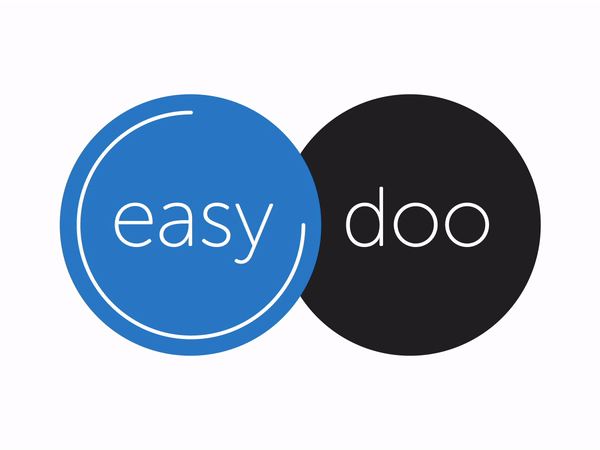BREAKING OUT OF THE BOX: CREATIVITY
- Simea Merki
- Oct 26, 2023
- 3 min read
Updated: Apr 23, 2024
One of the sentences I often hear is: "Oh, you do that. I can't do that, I'm not creative." A mistake that happens every day.
Creativity. What is it anyway? There are numerous explanations and synonyms in the Duden dictionary. For example: Idea-having, creative, ingenious, productive and innovative.
So anyone who says: "I'm not creative" is actually saying:
"I'm not productive."
"I never have an idea."
"I don't want to create anything new."
That doesn't apply to anyone. Creativity in the workplace is hugely important.
Mel Rhodes, an American scientist, divided creativity into four areas:
The person: who is creating something new? What does this person think about themselves and their abilities?
The process: How do they work? Where are the bumps in the process?
The product: Or the idea. What comes out in the end?
The environment: How is support provided? Or rather slowed down?
Fun brakes
Stumbles in creativity are normal. But there are brakes that paralyse everything. One is habit. Some people like routine. But this can be deadly. If you always do everything the same, nothing new is created. But the environment can also slow things down. If the meeting is exactly the same every Thursday, it's poison for creativity.
Therefore: do it differently! Perhaps the seating arrangement or the time of day is enough of a change. What happens if we hold our meeting standing up? Make sketches instead of minutes? Curiosity helps.
The next brake on creativity: perfectionism. Creativity is not dependent on success. It's about experiencing and trying out new things. The system: success versus failure. Only when I know what I've done wrong do I at least know what doesn't work. You learn from your mistakes.
Communicate this realisation to the team and internalise it. Failure is good. Far better than not trying. "Sometimes you win, sometimes you learn".
And the third adversary: stress. Creativity takes time, we need to be able to clear our heads.
Create space for "creative time" and demand it. After all, new ideas promote business success!
Techniques
You can give your creativity a boost with these simple exercises.
Children's game
Ideas can't just be written down. You can draw them, build them with Legos or invent a story with them. Take an example from children.
Let's get out of here
Move your workplace. Maybe outside? Or in a café? In your home? Find out what helps you. When the noise level is high or low, when there is a lot or little activity?
Writing flood
Also known as "brain dumping". The principle is as simple as it is effective: take a sheet of paper and write. Without structure. The only rule is: you must not put the pen down, you must write continuously. You'll be amazed at what comes out. Not a perfect piece of work, but content that you can build on. And that's how you conquer the fear of imperfect work.
What would happen if ...
You can ask this question if you need a new solution. What if we had no budget? What if we had more people in the team? Etc. Over time, you become more and more realistic and adjust your results. This is how you find a suitable solution.
Use these techniques and train your creativity muscle. Then you'll soon never call yourself "uncreative" again. Have fun with it!
Do you know any other creativity techniques? I look forward to your comment!

Comments